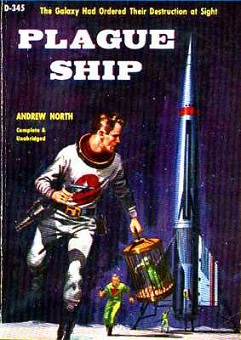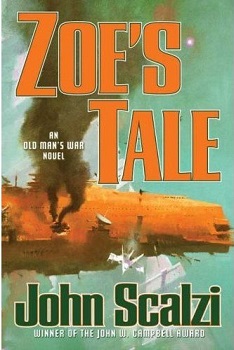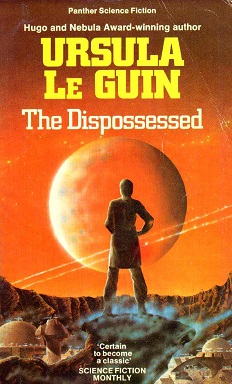
Ascension: A Tangled Axon Novel
Jacqueline Koyanagi
331 pages
published in 2013
It was the woman on the cover which drew me to this novel and the subtitle which almost scared me off again. The woman attracted me because it’s not often you actually do see a woman of colour on the cover of a science fiction novel, sometimes not even when the heroine is indeed a black woman. Seeing that got me to pull Ascension off the shelves, but reading the subtitle A Tangled Axon Novel almost made me put it back because it made it sound as if this was a novel in an established series, rather than a first novel. Luckily the inside cover blurb mentioned that this was Jacqueline Koyanagi’s first novel, so I took a punt. Not having heard of her or her novel before, in the end the cover as well as reading the first few pages were enough to make me want to read this.
And I’m so glad I did, because this was a glorious, wonderful mess of a book. Reading it, especially in the first couple of chapters, you get the idea that the author is only showing you glimpses of a much larger universe she’s been carrying around in her head for a long time, therefore occasionally making oblique references to things she knows and which are completely clear to her, but doesn’t quite explain to the reader. That’s the messy part of the book. The glorious and wonderful parts are its characters, its protagonist especially. Alana Quick is a sky surgeon, a starship engineer in the midst of a depression when nobody needs starship engineers because starships are obsolete. Her ex-wife left her for a career with Transliminal Solutions, the company that made them obsolete, her sister Nova has a flourishing career as a spirit guide, relieving rich clients from their anxieties, while her own obsession with space, with the Big Quiet, makes her unsuitable for anything but repairing spaceships even if the hard physical labour does her chronic nerve disease no favours. Having to deal with a debilitating disease while barely making ends meet, is it any wonder she stows away when the Tangled Axon comes looking for her sister? Or that she falls in love with the ship’s glamorous captain Tev — “all blond hair, boots and confidence”?
Read more…



